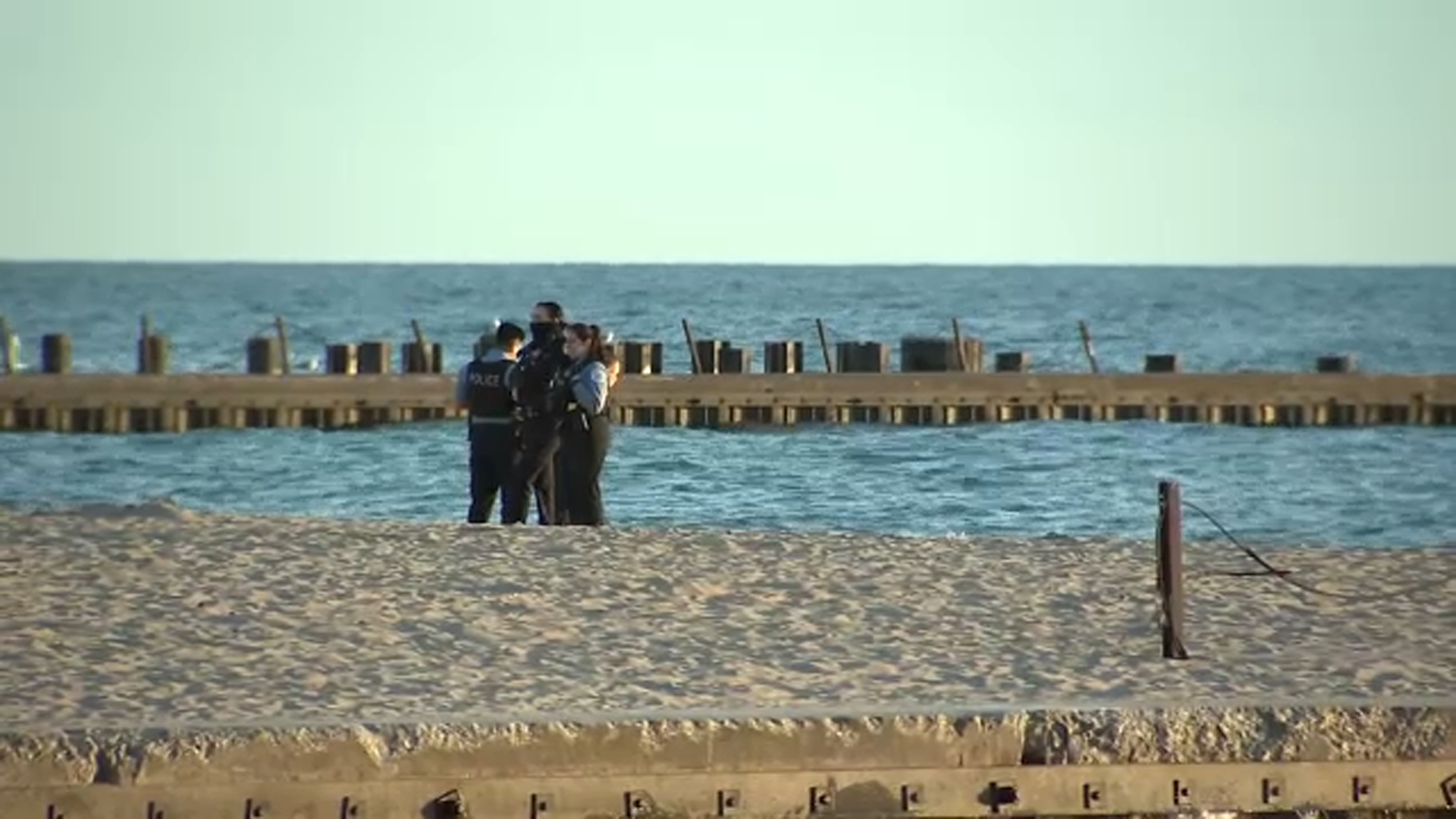Big Ten medical subcommittee to present options for possible return of football in fall

The Big Ten medical subcommittee will present new testing programs Saturday to a subcommittee of conference presidents and chancellors, outlining options that weren't available last month when the 2020 season was postponed, conference sources told ESPN.
The Big Ten subcommittee, which is comprised of medical experts and athletic directors, will show eight of the 14 presidents and chancellors at least four rapid response antigen tests now on the market that could allow teams to test daily for the coronavirus and significantly decrease the amount of necessary contact tracing.
"It's light-years different than it was five weeks ago," one conference source said.
If the subcommittee of presidents and chancellors approves the report, it can call a full board meeting for a second presentation to the entire group for a vote. However, it's also possible both groups have more questions and send the athletic directors and medical experts back to work.
"When I think I have an answer, the next day, there's a whole different discussion," a second Big Ten source said. "That's why it's been so hard, and everyone's so frustrated. You've got 14 guys, and everyone wants what's best for them. That's where you need someone to stand up and say, 'No, this is what we're going to do.'"
The Big Ten's return to competition task force is led by three athletic directors -- Penn State's Sandy Barbour, Wisconsin's Barry Alvarez and Northwestern's Jim Phillips -- as well as Dr. James Borchers, Ohio State's lead team physician. Barbour and Borchers co-chair the medical subcommittee, which includes four other athletic directors -- Michigan's Warde Manuel, Michigan State's Bill Beekman, Minnesota's Mark Coyle and Maryland's Damon Evans -- as well as various doctors and medical experts from around the conference.
The steering committee is led by Northwestern President Morton Schapiro, who chairs the Big Ten's council of presidents/chancellors, as well as the presidents or chancellors from Minnesota, Nebraska, Iowa, Rutgers, Ohio State, Illinois and Michigan State.
If the presidents and chancellors give the green light to return to play, the earliest realistic scenario is still at least a month away, the first source said, which would mean mid-to-late October. It would still depend on how quickly the presidents and chancellors approve the return, along with which test the conference chooses, and how quickly it can have the supplies.
"We want to make sure all of these [testing] possibilities can deliver," the first source said.
The teams would also still need some semblance of a preseason to prepare physically. Sources throughout the league have told ESPN there's a sense the Big Ten has one more chance to get it right.
"Someone's got to be strong and make a decision," the second source said. "Put a nail in it, put a pin in this thing and let's go."
The Big Ten postponed its fall sports season, including football, on Aug. 11. The league's presidents and chancellors voted 11-3 to postpone, with only Nebraska, Ohio Stateand Iowaelecting to proceed forward with competition, sources told ESPN.
A Pac-12 source told ESPN on Friday the league is in communication with the Big Ten, but the Pac-12's timeline remains dependent on several factors, including governmental approval to return to campus in California and Oregon. Pac-12 commissioner Larry Scott has said he has spoken to Big Ten commissioner Kevin Warren with the hopes they could align their return, but conceded it "may or may not work out."
"It'll be a reduced schedule, but it needs to be meaningful," Scott told ESPN's Rece Davis on College GameDay. "We need to be able to play for a Pac-12 championship. And if, at the end of that, there could be some exciting postseason opportunities -- Rose Bowl, other big bowl games -- that would really be exciting to our student-athletes and our coaches.
"Whether we could start late November, early December, we'll have to figure out," he said. "It's got something to do with our public health authorities in California and Oregon saying it's OK and blessing it; and our football working group is gonna get at this next week. This all came together very quickly; the fact that we've got access to this testing opens up possibilities we didn't have before."
Related Video
Related Topics
- SPORTS
- ESPN
- NEWS
- INDIANA HOOSIERS
- OHIO STATE-BUCKEYES
- PURDUE BOILERMAKERS
- IOWA HAWKEYES
- COLLEGE FOOTBALL
- MARYLAND TERRAPINS
- MINNESOTA GOLDEN-GOPHERS
- ILLINOIS FIGHTING-ILLINI
- PENN STATE-NITTANY-LIONS
- MICHIGAN STATE-SPARTANS
- WISCONSIN BADGERS
- NEBRASKA CORNHUSKERS
- RUTGERS SCARLET-KNIGHTS
- NORTHWESTERN WILDCATS
- MICHIGAN WOLVERINES




